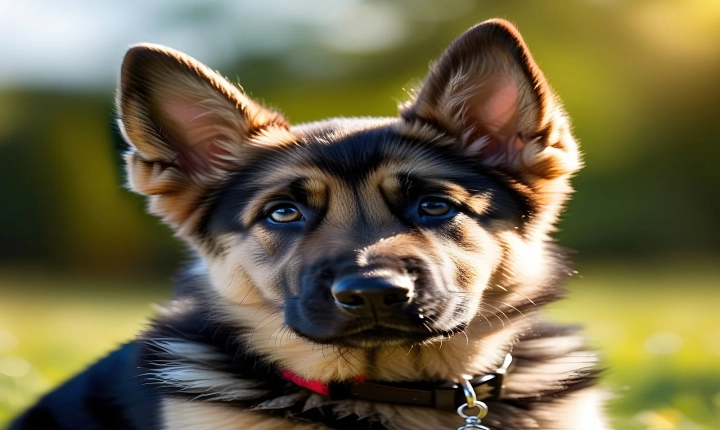Can AI Be Copyrighted?
Artificial intelligence (AI) has become a central pillar of technological advancement in recent years, with applications ranging from virtual assistants to self-driving cars. As AI continues to evolve and revolutionize various industries, the question of whether AI can be copyrighted has become a topic of debate.
In the realm of copyright law, the fundamental requirement for protection is originality. This raises the question: can AI systems, which are designed to learn from existing data and generate new outputs, be considered original? One perspective argues that the AI itself is not the creator of the work, but rather the human developers who designed and trained the AI system. Therefore, the copyright for the output of an AI system should be attributed to the human creators.
On the other hand, proponents of AI copyright argue that as AI systems become increasingly autonomous and generate outputs that are not directly predetermined by human input, they should be recognized as the creators of their own work. This stance is supported by the fact that some AI-generated works, such as art and music, have already gained attention and recognition in the creative community.
The legal landscape surrounding AI copyright is evolving to address these complex issues. In 2019, the US Copyright Office issued a statement clarifying that it does not register works produced by nature, animals, or plants. This suggests that, at least in the US, AI-generated works could be categorized as non-copyrightable “natural” creations, thereby bolstering the argument that AI cannot hold copyright for its creations.
However, countries like the UK and EU have taken a different approach. The UK Intellectual Property Office and the European Patent Office both recognize that copyright protection can be granted to works that are created by AI systems. This indicates that the legal framework in these regions may be more open to the idea of AI holding copyright for its outputs.
Another key consideration when it comes to AI copyright is the concept of fair use and fair compensation. If AI systems were to hold copyright for their outputs, questions arise about who should be entitled to use and benefit from those creations. Should AI-generated works be subject to the same fair use exemptions as human-created works, or does a different framework need to be established to ensure fair compensation for the AI system and its developers?
As the capabilities of AI continue to expand and its presence in creative and innovative endeavors grows, the debate over AI copyright will likely intensify. Finding a balance between acknowledging the autonomy and originality of AI systems and maintaining the rights and incentives of human creators will be essential in shaping the future of copyright law in the era of AI.
In conclusion, the question of whether AI can be copyrighted is a complex and multifaceted issue with legal, ethical, and philosophical implications. As AI technology and its applications continue to advance, the legal framework and societal understanding of AI copyright will need to adapt to provide clarity and fairness for all stakeholders involved.
